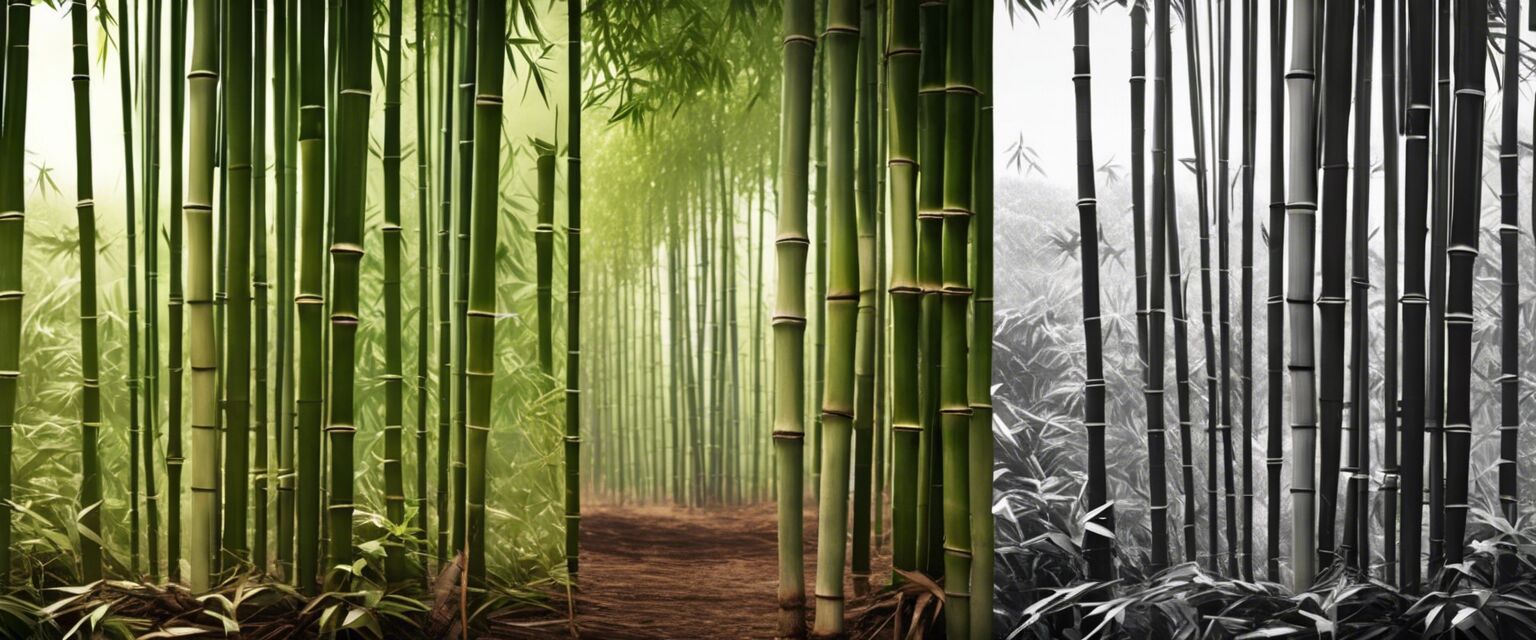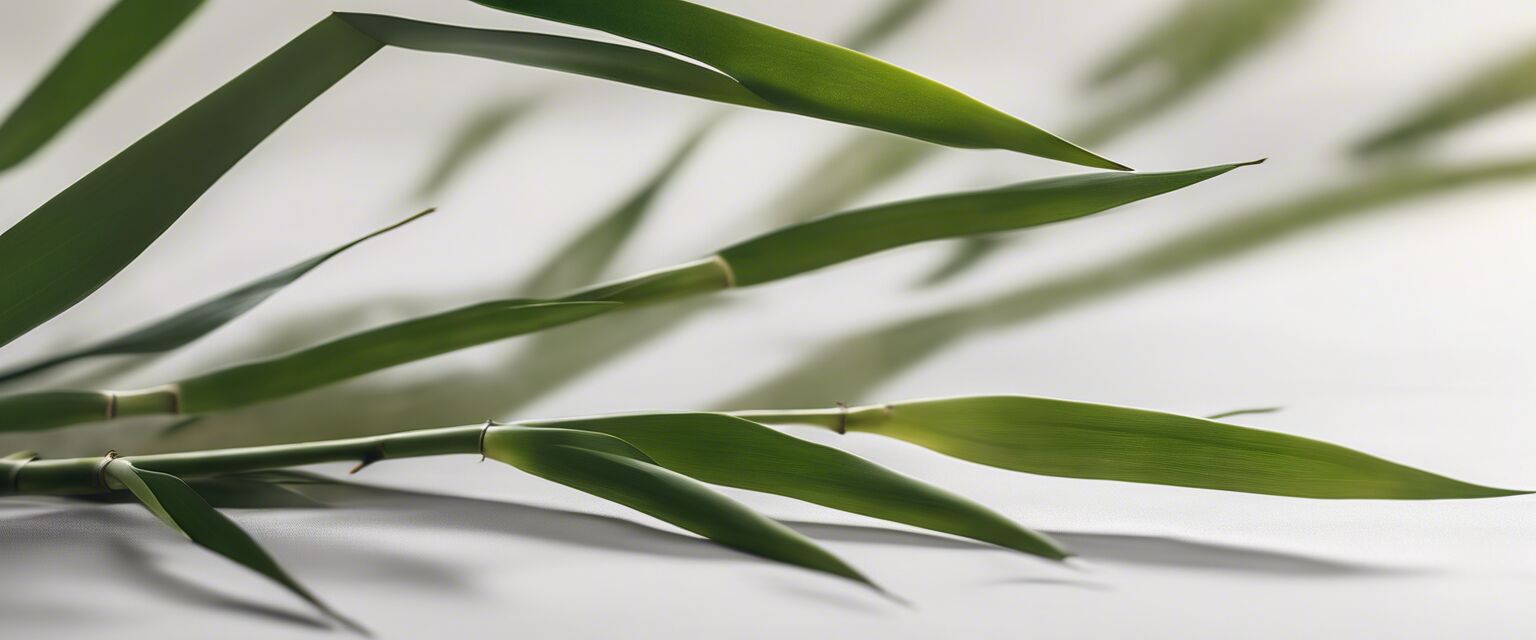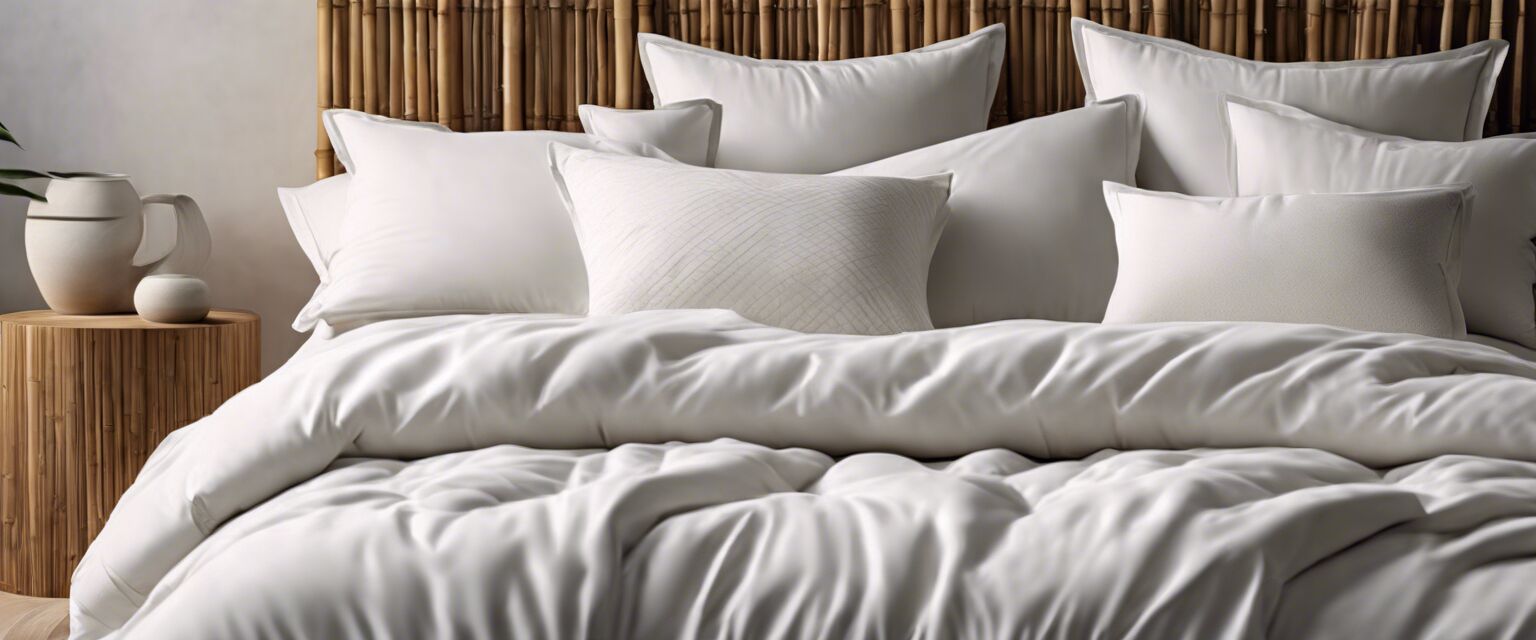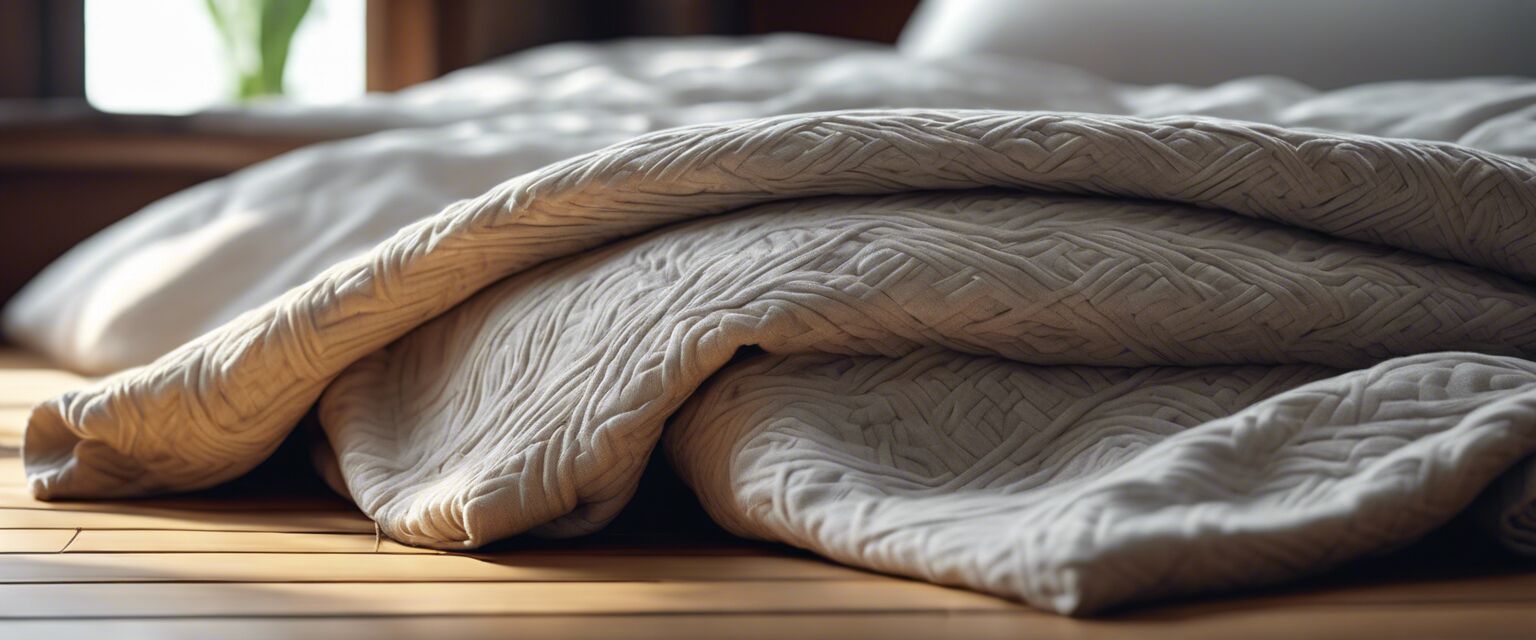
Bamboo vs Cotton Bedding
Key Takeaways
- Bamboo bedding is typically more breathable and moisture-wicking compared to cotton.
- Cotton is more widely available and comes in a variety of qualities and weaves.
- Bamboo is usually more eco-friendly and sustainable than conventional cotton.
- The softness and feel of bamboo bedding often surpasses that of cotton.
- Bamboo sheets may require special washing care to maintain their quality.
When it comes to choosing the perfect bedding, many are torn between bamboo and cotton. Both materials offer unique benefits and comfort levels, but understanding their differences can help you make a more informed decision. In this article, we will dive into the comparisons between bamboo and cotton bedding, discussing aspects like comfort, sustainability, maintenance, and overall value.
1. Material Composition
Bamboo bedding is made from the pulp of the bamboo plant, which is processed into a fiber. Cotton, on the other hand, comes from the cotton plant and is known for its soft, breathable properties. Each material has distinct characteristics:
| Feature | Bamboo Bedding | Cotton Bedding |
|---|---|---|
| Source | Bamboo plant | Cotton plant |
| Texture | Smooth and silky | Soft and fluffy |
| Durability | Highly durable and long-lasting | Varies with quality |
| Hypoallergenic | Yes | Depends on treatment |
2. Comfort and Breathability
Bamboo bedding is renowned for its breathability, which helps in regulating body temperature. This makes it an excellent choice for warmer climates or for those who tend to sleep hot. On the other hand, cotton sheets tend to retain some heat but can be made with varying thread counts that affect their breathability.
Comparison of Comfort
| Characteristic | Bamboo Bedding | Cotton Bedding |
|---|---|---|
| Thermal Regulation | Excellent | Moderate |
| Softness | Silky smooth | Soft, but can vary |
| Moisture Wicking | Highly effective | Less effective |
3. Sustainability
Bamboo is often praised for its eco-friendly characteristics. It grows quickly without the need for pesticides and requires less water than cotton. Conventional cotton farming, especially non-organic, can involve significant pesticide use and water consumption. Here’s a quick overview of their environmental impact:
- Bamboo: Fast-growing, requires minimal water, biodegradable.
- Cotton: Requires significant water and pesticides (unless organic).

4. Maintenance and Care
Taking care of your bedding is crucial for longevity. Here’s a comparison of the maintenance necessary for both materials:
| Care Aspect | Bamboo Bedding | Cotton Bedding |
|---|---|---|
| Washing Temperature | Cold or warm water | Hot water recommended |
| Drying Method | Air dry preferred | Tumble dry okay |
| Ironing | No heat or low heat | Moderate heat |
5. Tips for Beginners
- Look for authentic bamboo sheets with a high bamboo fiber percentage.
- Consider the thread count when choosing cotton for added softness.
- Always check label instructions for cleaning and caring for your bedding.
- Explore the different weaves available for cotton, such as percale and sateen.
- Invest in quality over price for both materials to avoid disappointment.
6. Cost Comparison
When considering the price, bamboo bedding can often be more expensive than the average cotton sheet set. This reflects its eco-friendly production and the process of transforming bamboo into fabric. However, prices can vary widely based on quality, brand, and shopping locations.
| Material | Price Range (per bed set) |
|---|---|
| Bamboo | $150 - $300 |
| Cotton | $50 - $250 |
7. Summary and Which to Choose
Deciding between bamboo and cotton bedding ultimately depends on your personal preferences and values. If you prioritize sustainability, breathability, and a silky feel, bamboo may be the right choice for you. If you prefer affordability, availability, and a wider variety of options, cotton may suit your needs.
Pros of Bamboo Bedding
- Highly breathable and moisture-wicking
- Eco-friendly and sustainable
- Ultra-soft texture
- Natural hypoallergenic properties
Cons of Bamboo Bedding
- Higher initial cost
- Requires delicate washing
- Less widely available than cotton
Pros of Cotton Bedding
- Wide availability and variety
- Typically more affordable
- Easy maintenance and washing
- Can be soft and warm
Cons of Cotton Bedding
- May involve environmentally harmful farming practices
- Breathability varies greatly
- Can feel rougher than bamboo
Final Thoughts
Both bamboo and cotton bedding have their strengths and weaknesses. Consider what aspects are most important to you in terms of comfort, care, costs, and environmental impact. At BambooBedroom, we offer a range of bamboo sheets, bamboo blankets, and more to suit any sleep space. Remember, investing in quality bedding can significantly enhance your sleep experience.









